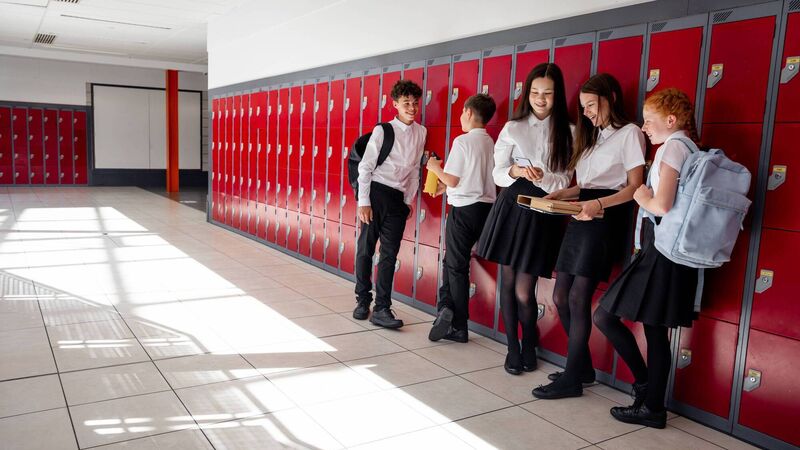Colin Sheridan: 'Six-seven' is the most irritating — and wonderful — nonsense of 2025

Kids don’t just say 'six-seven', hell no, they perform it. They flick their hand vaguely in the air — palm up, fingers loose — as if they’re swatting away a fruit fly that dared to ask a personal question.
There was a time when numbers meant something. Quantifiable things. They built pyramids and balanced bank accounts. They told you exactly how many pints deep you needed to be before you sang at a wedding. Numbers were sensible, upright and dignified.
Then, sometime in the year of our lord 2025, numbers abandoned all that made them great and joined the circus of youth culture. They pierced their eyebrows, started wearing oversized hoodies, and rebranded themselves as vibes. Thus we arrive at “six-seven”.












